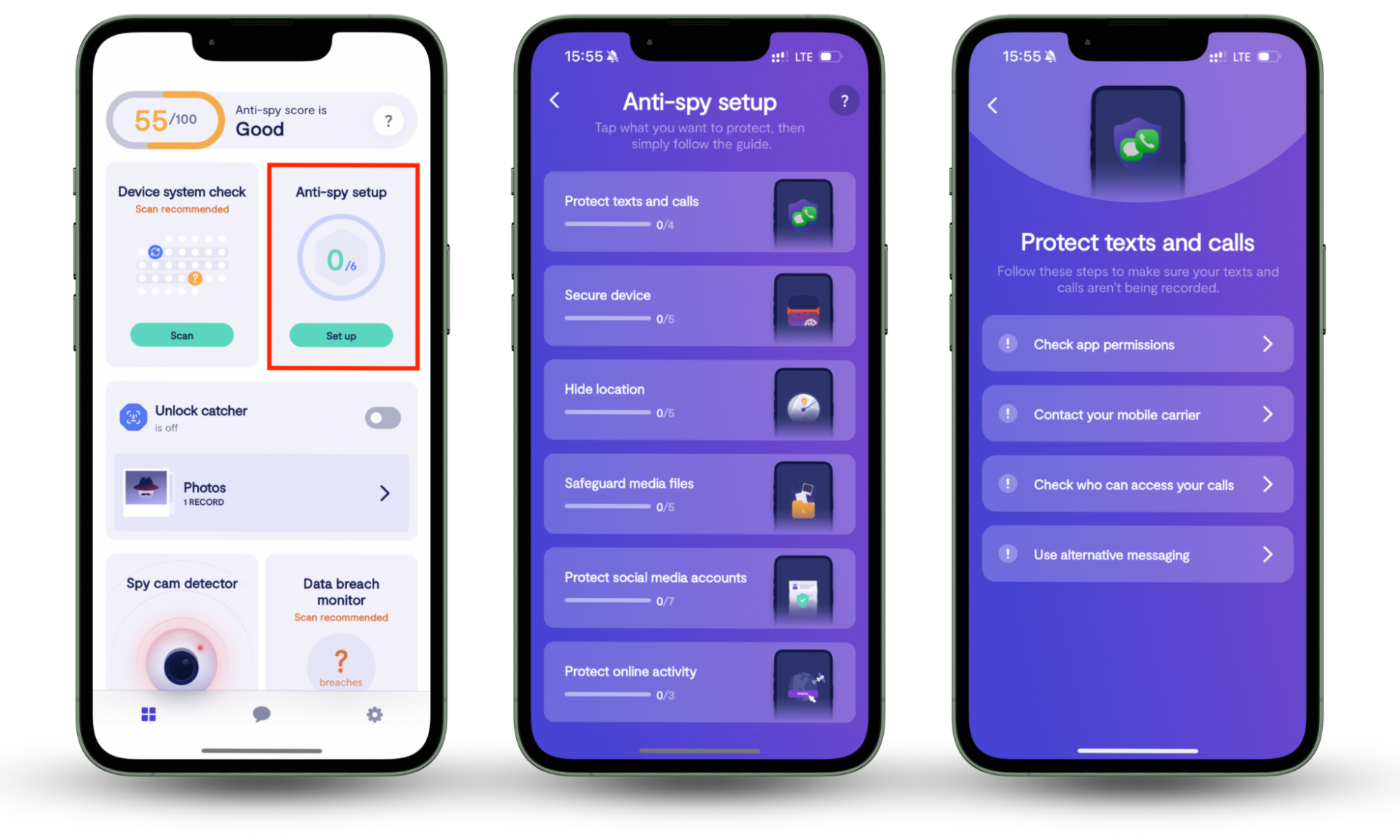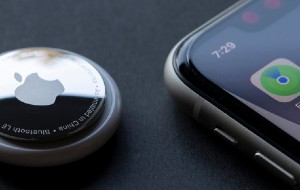Table of contents
- What are the risks of using a public Wi-Fi connection?
- Does a VPN secure public Wi-Fi?
- How does a VPN work to protect you on public Wi-Fi?
- How to use a VPN to secure your public Wi-Fi connection
- A VPN is useful in all situations
What are the risks of using a public Wi-Fi connection?
Competent fraudsters know how to find easy targets, and luring you in with a fake public Wi-Fi network is one way for scammers to steal your private data. CNBC reports that 87% of U.S. consumers surveyed use public Wi-Fi, making compromised networks convenient tools for thieves. The dangers of using public Wi-Fi include:
- Data theft
- Malware installation
- Intercepted communications
- Identity theft
- Compromised accounts
- Financial loss
Evidently, public Wi-Fi networks carry many security risks, and knowing how to protect yourself when using an open wireless connection is crucial.
Does a VPN secure public Wi-Fi?
Using a VPN is one of the smartest ways to protect yourself when using public Wi-Fi. The Federal Trade Commission (FTC) offers several tips to remember when connecting to open networks, including using a VPN to secure your connection — and we agree.
Any extra layers of security you can add when accessing the internet will turn you into difficult prey for hackers and fraudsters. With such large numbers of people using open Wi-Fi, the softest targets will draw the most attention from scammers. Therefore, you should utilize every tool at your disposal to appear unappealing to those who would seek to defraud you, and installing a reliable VPN on your iOS device or Android phone is a simple and effective threat mitigation tactic.
The advantages of using a VPN on public Wi-Fi include:
- Data encryption
- Hidden IP address
- Protected communications
- Secure connection
- Anonymity
As you can see, using a VPN for Wi-Fi and internet security is about protecting your private information. The less cyber criminals know about you, the fewer attack vectors they have when attempting theft or fraud.
While a VPN is an excellent tool for protecting your privacy online, your device might still have vulnerabilities that could be used to monitor you. That's where Clario Anti Spy comes in. Its Device system check, Data breach monitor, and Anti-spy setup can help you configure your phone for maximum privacy.
Here's how to protect your phone with Clario Anti Spy:
- Download Clario Anti Spy and subscribe to create an account.
- Tap Scan under Device system check to detect hidden jailbreaks or device rooting.
- Tap Scan under Data breach monitor to check for email and password breaches.
- Tap Set up under Anti-spy setup for recommendations to enhance your device's security.

On Android, Clario Anti Spy comes with the ability to scan for malicious apps that could compromise your privacy and a Virtual location feature to hide your real location—even when your VPN is turned off.
How does a VPN work to protect you on public Wi-Fi?
A VPN makes public Wi-Fi safer by encrypting your connection and tunneling all data through an alternate server. Because all traffic filters through the VPN, anyone spying on your actions won't see anything useful. At best, they may be able to identify the secure server you're connected to, but bypassing the protections afforded by your VPN would be near-impossible and not worth the effort.
When you connect to public Wi-Fi using a VPN, your connection behaves like this:
- VPN software encrypts all outgoing data
- Data routes to the VPN server
- Server decrypts the data received
- VPN sends traffic to the correct destination
- Destination sends data back to the VPN
- VPN server encrypts new data
- Data returns to the original device
- VPN software decrypts that data
As you can see, all data between your device and the VPN server is encrypted, which means not even your internet service provider (ISP) can spy on your actions. With a safe, secure connection, you remove much of the risk of using an open Wi-Fi network.
How to use a VPN to secure your public Wi-Fi connection
A good VPN can play a huge role when it comes to protecting your privacy online. There are lots of VPN solutions to choose from, so make sure you do your research. Read reviews and experiences about performance and invest in one that strikes a good balance between privacy, affordability, and performance. Avoid free VPNs since they are nothing more than vehicles for sketchy companies to scrape your data.
Most VPNs are straightforward to use—just install the app on your desktop or phone, hit Connect, and you're all set. However, make sure to check the Settings panel of your VPN for any options—Kill switch, Split tunneling, DNS leak protection, etc.—that you can enable or configure to further tighten security.
A VPN is useful in all situations
While using public Wi-Fi without a VPN is risky, even your home network can be a source of concern. If you don't encrypt your data, your ISP and anyone else along the line can spy on your browsing habits. Even if you've got nothing to hide, you still deserve privacy, and a good VPN can provide the security you need.
However, a VPN alone isn't enough if your phone isn't properly secured. Install Clario Anti Spy and run its Anti-spy setup for maximum privacy on your iPhone or Android.


